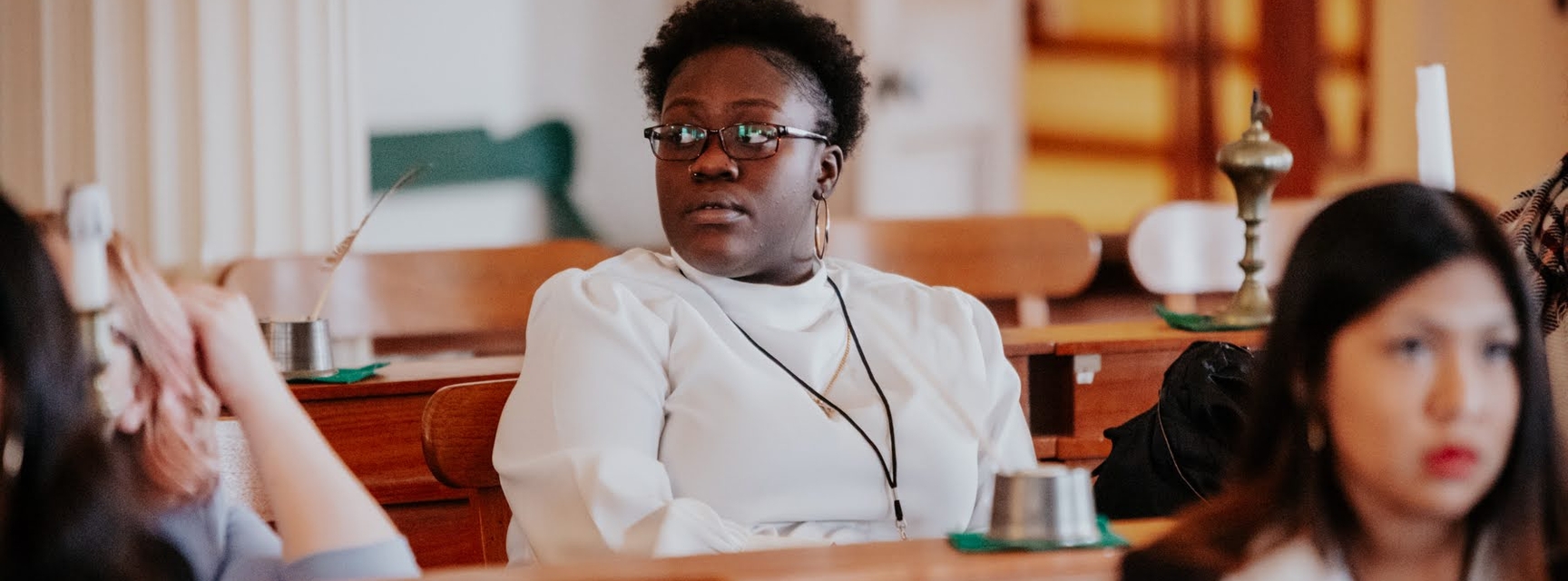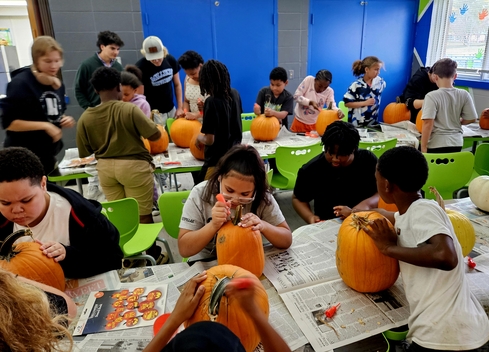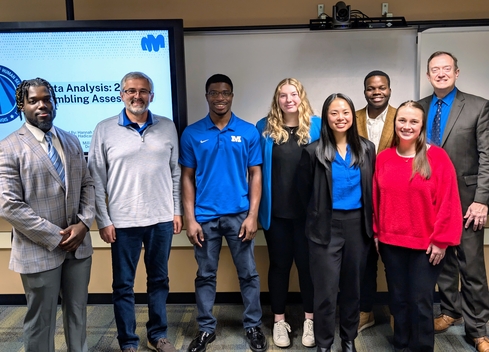Criminal Justice Minor

Overview
Program Highlights
Criminal Justice Minor
The minor in Criminal Justice at Millikin University is intended to expose students to a wide range of criminology theory, concepts, and ideas.. Rather than emphasizing the mere technical aspects of law enforcement, the minor offers a broad and critical understanding of crime and law in the U.S., related to practice in a variety of fields and occupations within the criminal justice and legal systems. The minor also requires a hands-on practicum experience (3 credit; 120 hours; required) in teen or a criminal justice. Criminal Justice minors are strongly encouraged to take social science statistics (SO201/PS201) as their quantitative reasoning requirement.
Learning Goals
- Analyze complex social, political, and legal contexts to address issues of crime and criminal justice related to practice.
- Identify fundamental concepts, frameworks, and theories central to the area of criminal justice.
- Understand the professional and ethical standards of the criminal justice profession.
- Demonstrate knowledge and skills necessary to complete and internship or research project in the field of criminal justice.
A minimum of 21 credit hours is required, with at least 9 credits earned in courses numbered 300 or above.
- SO100. Intro to Sociology OR SO200.
- Social Solutions OR PO105. Intro to the American Political System
*Recommended: Statistical Methods (SO201/PS201)
- CJ235/PO235. Introduction to the Criminal Justice System (3)
- CJ211/SO211 Juvenile Delinquency (3)
- CJ311/SO312 Restorative Justice (3)
- CJ361/SO361. Criminology (3)
- CJ470 or CJ471. Teen Justice or Criminal Justice Practicum (3)
In addition, minors must take TWO criminal justice electives (see list of electives above).
Practicum description
The Criminal Justice Practicum encourages career exploration in the criminal justice system, as a required final course for students pursuing the minor. The structure of this program stresses integration of academic studies and workforce experience, determination of learning goals, cultivation of independent learning skills, development of increased awareness of community and public affairs, and understanding of diversity in the work place. By working with criminal justice agencies, students will be placed in a community setting which will help students answer their own questions about possible career choices in these fields.




